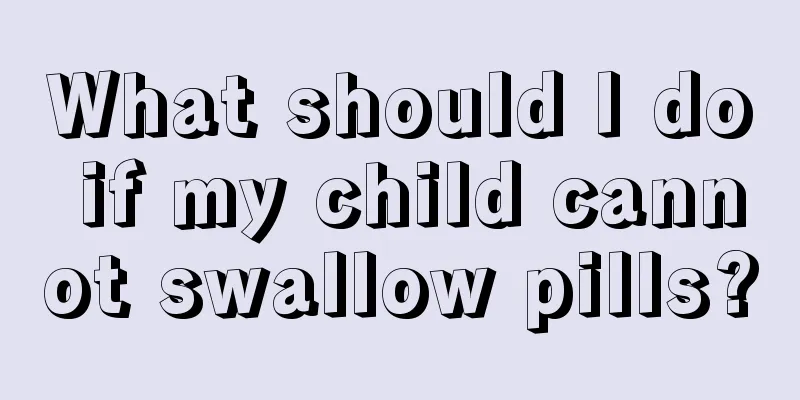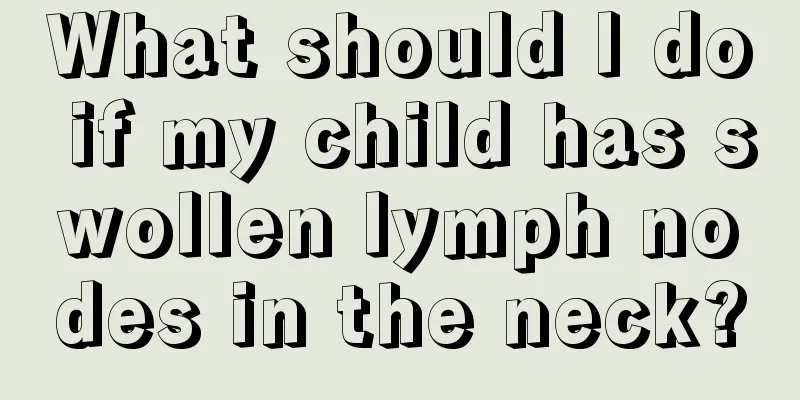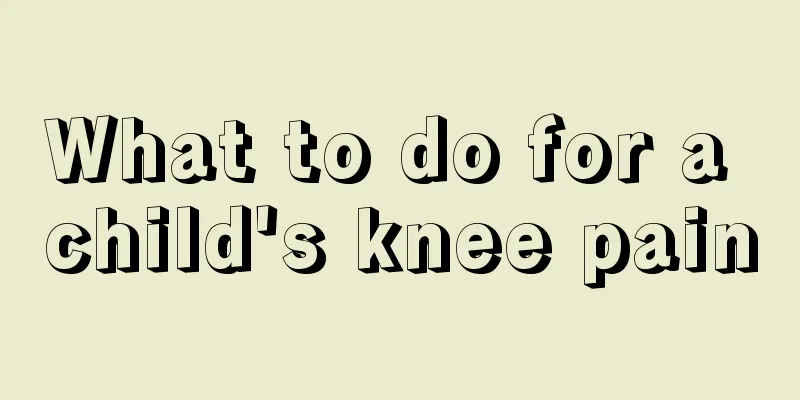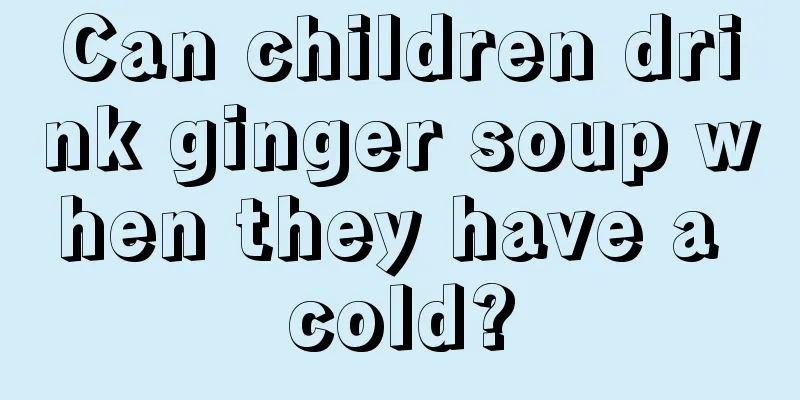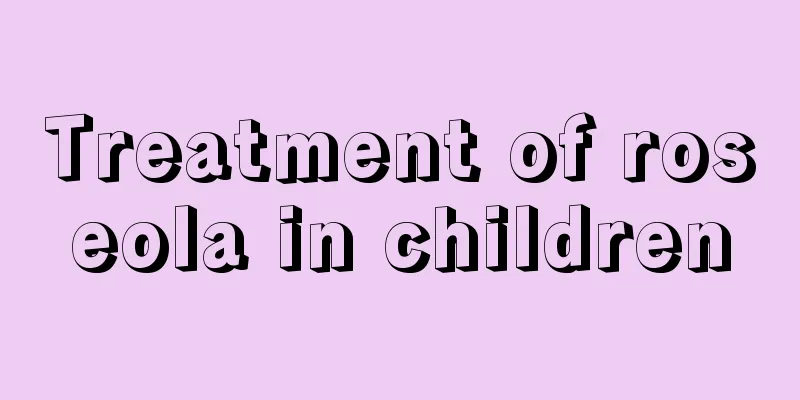What is the correct way to take medicine for otitis media in children?
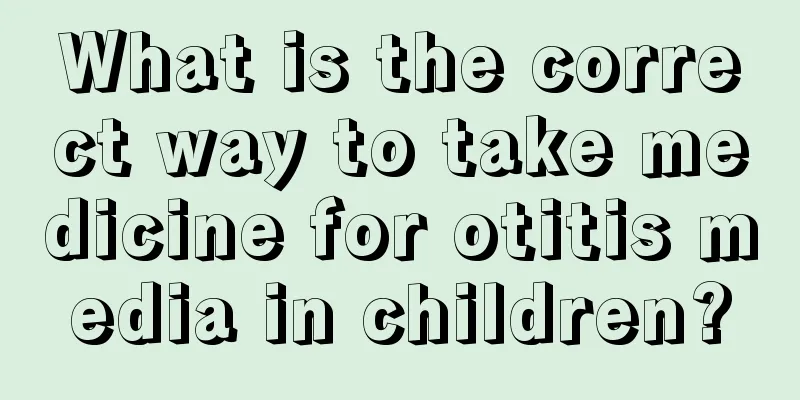
|
If a child suffers from otitis media, there will be obvious pain in the ear. Some patients will also have pus discharge. Severe cases may also develop diseases such as meningitis and brain abscess. The patient's hearing will also be seriously affected. Therefore, this is a very harmful disease. If a child suffers from otitis media, you can use the medicine correctly under the guidance of a doctor, and never take medicine at will. 1. Use enough antibiotics for acute otitis media What medicine is good for children's otitis media? Children's otitis media is usually acute at the beginning. If not treated thoroughly, it will cause chronic otitis media, which will be difficult to cure. For acute otitis media, it is recommended to continue using antibiotics for about 10 days. After the ear pain completely disappears, you must return for a follow-up visit. This is mainly to check whether there is water seepage in the eardrum. If there is water seepage, it needs to be drained out. Long-term negative pressure in the middle ear causes the eardrum to retract, which may induce the formation of cholesteatoma. Warm reminder: To completely cure acute otitis media, you must use sufficient amounts of antibiotics and use them for a sufficient period of time. Otitis media will 100% lead to hearing loss, but the degree varies. But if otitis media is treated promptly, hearing can be completely restored. 2. Specific methods of taking antibiotics What medicine is good for children with otitis media? Antibiotics should be used under the guidance of a doctor, and it is not advisable to stop the medication without authorization. At present, if the baby is under two years old, oral antibiotics are used to fight otitis media, and the course of treatment is about 10 days; for those over two years old and without complications, 5 to 7 days is recommended, but it still needs to be adjusted depending on the patient's clinical response to antibiotic treatment. In addition, the degree of cooperation of parents and whether children take medication as ordered by doctors, such as the number of times the medication is taken daily, dosage form and taste, are all factors that affect efficacy. Therefore, parents must absolutely follow the doctor's instructions. If your baby doesn't like the taste of the medicine or has difficulty taking it, you can choose a syrup-type medicine with a better taste, or use intramuscular injection instead. In addition, it should be noted that after taking the medicine, you should return to the hospital for a follow-up visit to determine whether the treatment is effective, whether the medicine needs to be changed, or whether a longer course of treatment is needed. The treatment must be thorough to avoid repeated infections and sequelae that affect hearing. Kind tips: What medicine is good for children with otitis media? 30% to 70% of babies will develop middle ear effusion 10 to 14 days after using antibiotics to treat acute otitis media. Most of the effusion will be automatically absorbed and disappear by the human body within 3 months. It will not have much impact on health and there is no need to worry too much. If the baby only has middle ear effusion and no other symptoms, it may be recommended to adopt a follow-up observation method first, that is, to perform an otoscopy examination once every one month or one and a half months; during the follow-up period, the family environment should be improved, such as avoiding contact with cigarettes in the environment as much as possible; reducing the use of pacifiers; not lying down to feed or breastfeed, etc. 3. Local medication for otitis media in children In addition to oral or intravenous antibiotics, children with otitis media also need to use local medication to clean pus, reduce inflammation and kill bacteria. The following is a method for selecting medications according to different pathological conditions: ①Antibiotic aqueous solution or a mixture of antibiotics and steroid hormones, such as 0.25% chloramphenicol solution, chloramphenicol cortisone solution, 3% chelamycin solution, 1% berberine solution, etc., are used when the tympanic mucosa is congested, edematous, and there is pus or sticky pus. ② Alcohol or glycerin preparations, such as 4% boric acid alcohol, 4% boric acid glycerin, 2.5-5% chloramphenicol glycerin, etc., are suitable for those with gradually subsiding mucosal inflammation, very little pus, and edema and moisture of the middle ear mucosa. ③ Powders, such as boric acid powder, chloramphenicol boric acid powder, etc., are only used when the perforation is large and there is very little pus, and they help dry the ears. |
<<: Will children also have high blood pressure?
>>: What are the symptoms of language disorders in children?
Recommend
What should I do if my baby has phimosis? These methods solve
If a child is found to have phimosis, there are c...
Why does a three-month-old baby shake his head when sleeping?
What is the reason why a three-month-old baby sha...
What causes a child's stomach ache?
If a child has a stomachache, parents should pay ...
5 ways to care for baby sweating in summer
Babies sweat easily in the summer. They often swe...
What should I do if my child has throat ulcer?
When babies have oral ulcers, it is usually cause...
How to treat asthma in children?
Some children suffer from asthma problems, so the...
What can’t mothers eat when their baby has diarrhea? Young women are looking forward to it
Babies are prone to diarrhea. If they are still b...
What is pediatric nephrotic syndrome?
Many parents do not know what disease their child...
Adults' oral bacteria are brought to babies
In daily life, children's oral hygiene is ver...
How to arrange complementary food for a baby over five months old?
As the baby grows older, he can no longer just ea...
Newborn baby's frightened behavior
The living environment of a newborn must be quiet...
What are the symptoms of gastroenteritis in children?
In summer, the weather is hot, so some foods are ...
Anal bleeding in children
Anal bleeding is a very common disease in daily l...
4-year-old child with language delay
Simply put, language delay means that a child'...
Parents must know: 8 family education issues determine the life of children
Today, what needs to change the most are parents ...


